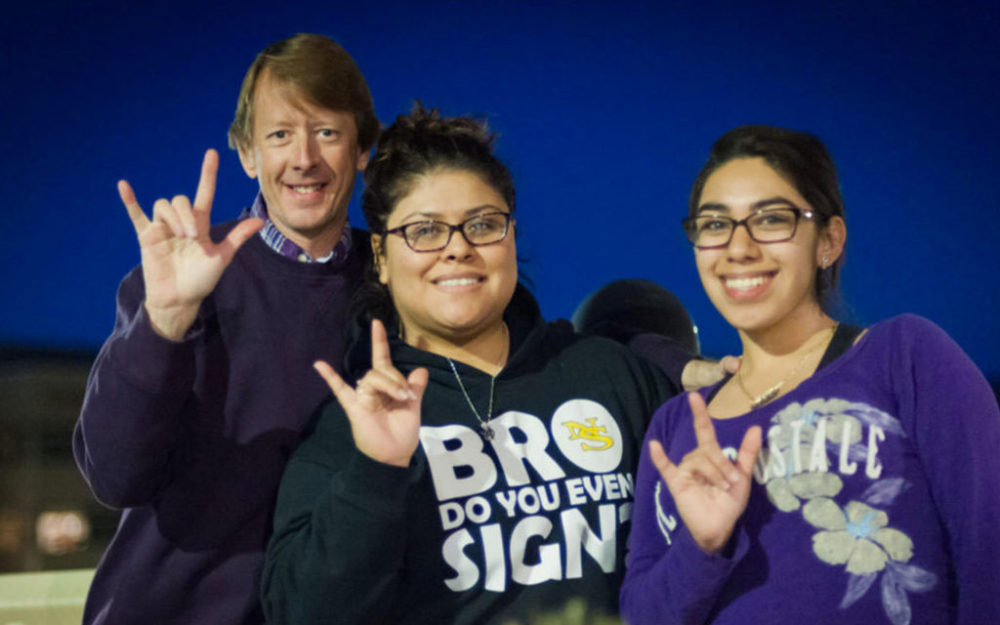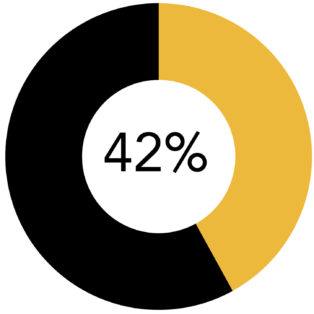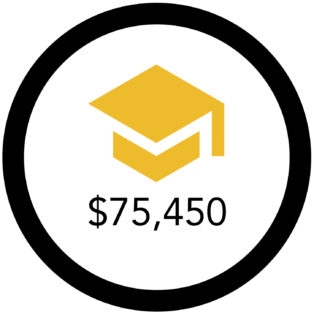


.svg)
Culture is at the heart of our human experience. In the Deaf Studies program, you will be immersed in the world of Deaf Studies, learning about the experiences of Deaf individuals and communities. More than a language program, our curriculum places a strong emphasis on Deaf history and Deaf Culture.
As Nevada’s first Bachelor of Arts in Deaf Studies, we proudly offer an inclusive degree that is specifically designed for those who desire to support the Deaf community in their careers. Take advantage of the diverse ASL course offering at Nevada State, including basic conversational courses, ASL literature, and ethical issues in interpreting. Students will gain an in-depth perspective on the deaf experience and how they can bridge the intercultural divide. Upon graduating, you will have the skills and understanding you need to serve the Deaf community in any field you choose.
Many of our students pair the BA in Deaf Studies with a Minor in ASL Interpreting.



.svg)
The most obvious choice for a career in Deaf Studies is working as an interpreter. As any member of the Deaf or Hard of Hearing community in Nevada will tell you, interpreters are in high demand. To be certified as an interpreter, you'll need to pass either the EIPA exam or the RID/NIC exam. The RID/NIC exam, which is a national certification, requires a Bachelor's degree.
However, it is important to consider how many other careers might benefit from a background in Deaf Studies. The Deaf population in Nevada often lacks crucial services and a support network. A degree in Deaf Studies gives you the ability to communicate with native ASL signers and gives you a deeper understanding of the issues they often face. These skills make you uniquely qualified for a position that regularly involves interacting with the Deaf and hard of hearing community.
.svg)
.svg)
In the NSC Deaf Studies program, you’ll take a wide range of classes. Our primary classes focus on the basics of ASL. After you’ve completed AM 149 (ASL 5), you’ll be ready for more advanced work, such as AM 320 (Professional/Ethical Issues in Interpreting) and AM 410 (ASL Storytelling, Literature, and Folklore).
.svg)